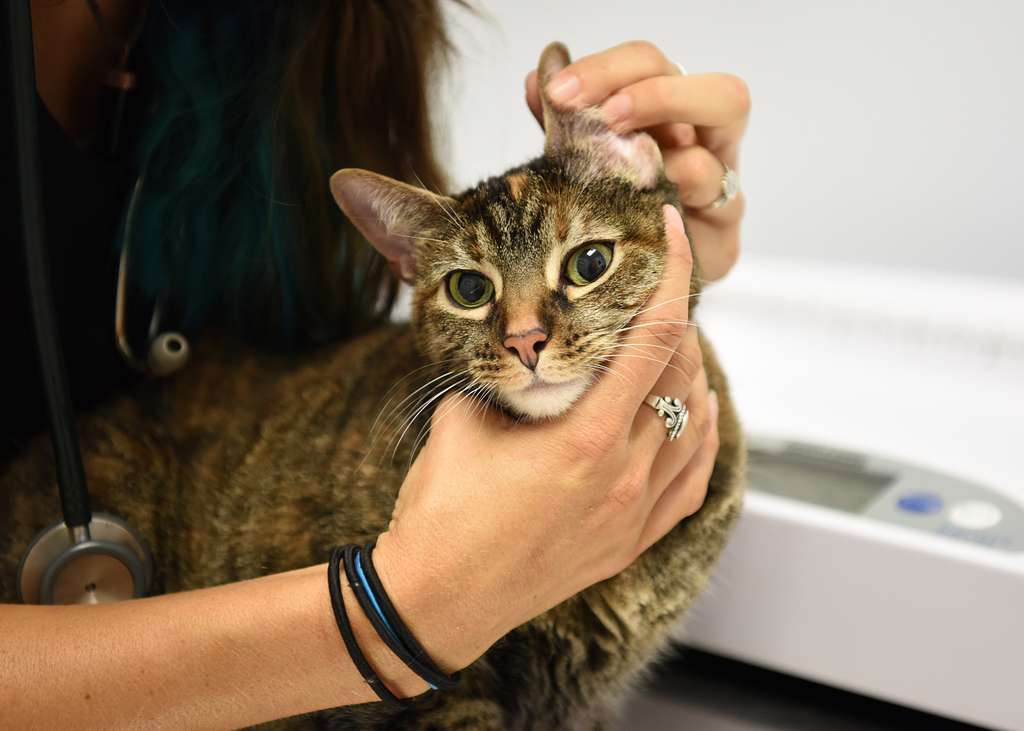5 Common Health Issues in Cats and How to Prevent Them

5 Common Health Issues in Cats and How to Prevent Them
Cats are beloved companions, but like all pets, they can face a variety of health challenges. By understanding common health issues and taking proactive measures, cat owners can ensure their feline friends live long, healthy lives. Here are five common health problems in cats and tips on how to prevent them.
1. Dental Disease
Dental disease, including gum disease and tartar buildup, is one of the most common health problems in cats. It can lead to pain, difficulty eating, and even systemic infections if left untreated.
Prevention Tips:
- Brush your cat’s teeth regularly using a cat-specific toothbrush and toothpaste.
- Provide dental treats or toys designed to reduce tartar buildup.
- Schedule annual dental check-ups with your veterinarian to catch early signs of dental issues.
2. Obesity
Obesity is a growing concern among cats, especially indoor ones. It can lead to diabetes, joint problems, and a reduced quality of life.
Prevention Tips:
- Feed your cat a balanced diet with appropriate portion sizes as recommended by your vet.
- Encourage daily exercise through interactive toys like laser pointers or feather wands.
- Avoid overfeeding or giving too many treats. Stick to a consistent feeding schedule.
3. Parasite Infestations
Fleas, ticks, and intestinal worms are common parasites that can cause discomfort and lead to more serious health issues if untreated.
Prevention Tips:
- Use veterinarian-recommended flea and tick preventatives regularly.
- Keep your cat’s living area clean by washing bedding and vacuuming frequently.
- Ensure your cat is dewormed as part of their routine veterinary care.
4. Skin Conditions
Skin conditions such as allergies, overgrooming, or flea bite hypersensitivity can cause itching, redness, and hair loss in cats.
Prevention Tips:
- Monitor your cat’s grooming habits for signs of excessive licking or scratching.
- Use flea preventatives to reduce the risk of flea-related skin issues.
- Consult your vet if you notice any unusual skin changes or persistent itching.
5. Chronic Kidney Disease (CKD)
Chronic kidney disease is particularly common in older cats and can cause symptoms like increased thirst, weight loss, and lethargy.
Prevention Tips:
- Ensure your cat has constant access to fresh water to encourage hydration.
- Feed a high-quality diet that supports kidney health (your vet may recommend a specialized diet for senior cats).
- Schedule regular veterinary check-ups to monitor kidney function as your cat ages.
FAQs
Q: How often should I take my cat to the vet?
A: Cats should have an annual check-up at minimum. Senior cats or those with chronic conditions may require more frequent visits.
Q: What are the signs my cat might be sick?
A: Look for changes in appetite, behavior, grooming habits, or litter box use. Other signs include vomiting, lethargy, or weight changes.
Q: Can indoor cats get parasites?
A: Yes! Fleas and worms can still affect indoor cats through contact with other animals or contaminated surfaces. Routine prevention is essential.
Q: How do I help my overweight cat lose weight?
A: Work with your vet to create a weight loss plan that includes portion control, a healthy diet, and increased physical activity.
Conclusion
By staying informed about these common health issues—dental disease, obesity, parasite infestations, skin conditions, and chronic kidney disease—you can take proactive steps to protect your cat's well-being. Regular veterinary care combined with proper nutrition and preventative measures will help ensure your feline companion enjoys a long and happy life.

